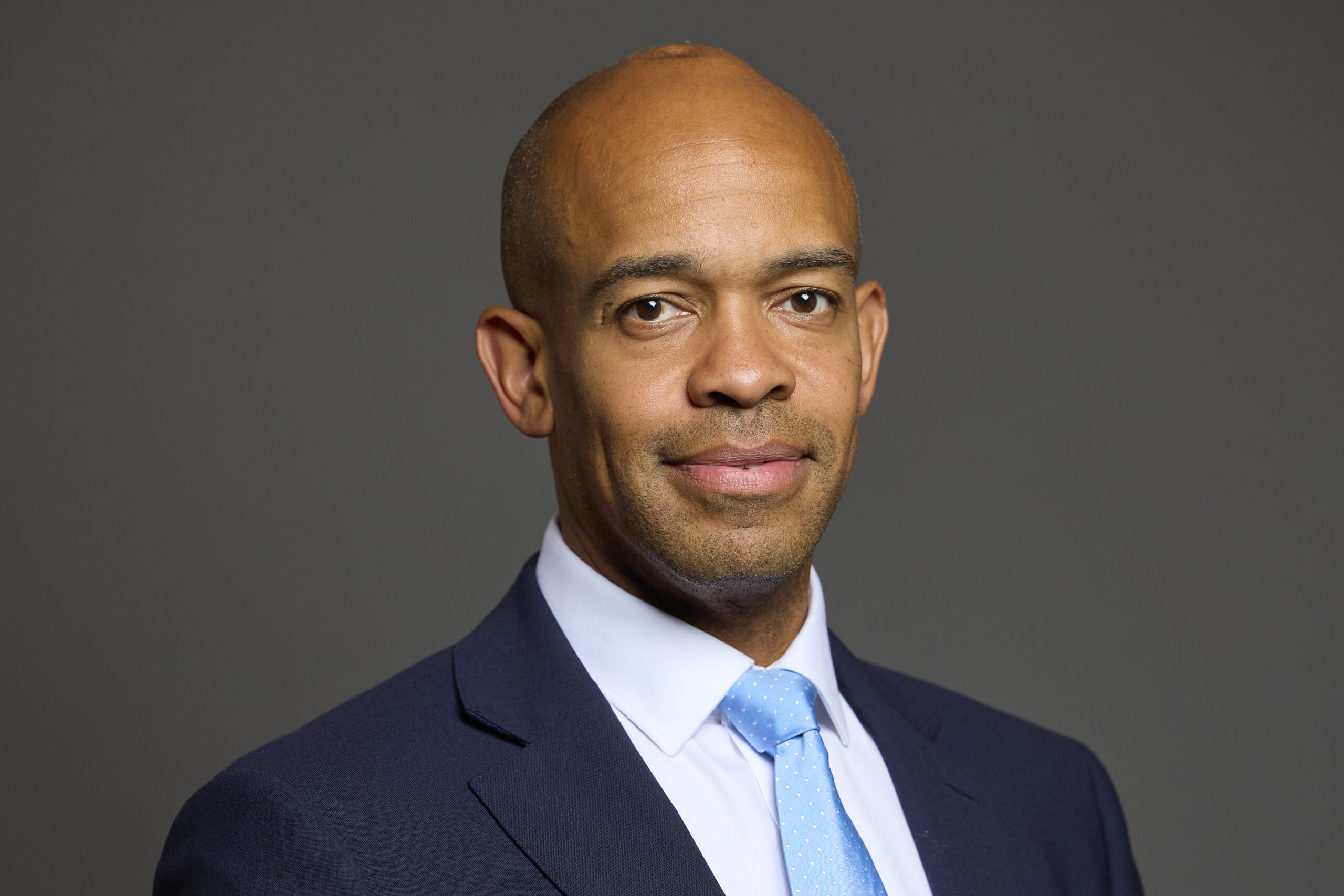Last week, I introduced a 10 Minute Rule Bill in Parliament to require the Government to publish a dedicated strategy for tackling interpersonal abuse and violence against men and boys. This is not about detracting from the vital work being done to protect women and girls, work I fully support, but about addressing an urgent gap in our current approach.
The Government has pledged to halve violence against women and girls, a goal we should all champion. Yet under the current “Violence Against Women and Girls” (VAWG) strategy, male victims are included despite the Government’s own definition of VAWG being crimes that “disproportionately affect women.” This contradiction leaves male survivors within a framework that was not designed for them.
Men and boys who are victims of domestic abuse, rape, sexual assault, forced marriage, or honour-based violence are placed into systems and spaces shaped primarily by and for female survivors. While their experiences are equally valid, they are often very different—and too often misunderstood, overlooked, or even minimised.
Right now, there is no standalone government strategy for male victims. In 2019, the previous Government published its first-ever position statement on the issue. Since then, progress has stalled. With a new VAWG strategy set to be published this Spring, we have a rare opportunity to create a parallel strategy, one that recognises the needs of male survivors and offers them the same visibility and support.
It’s also important to note that when the Government talks about halving violence against women and girls, the data it uses includes male victims. Yet male survivors face unique barriers to reporting such as the fear of not being believed, of ridicule, or of having their masculinity or sexuality questioned. For some, disclosure risks losing their home, children, or financial security-especially where coercive control is involved.
For heterosexual men, the perception that they should have been “strong enough” to fight back is a significant barrier. For gay, bisexual, and trans men, fears of being outed or rejected compound the stigma. Many suffer in silence for years, often while still living with their abuser.
The numbers are stark. According to the most recent Crime Survey for England and Wales, 3% of men over 16 experienced domestic abuse. Yet out of nearly 64,000 people supported in safe accommodation, only 1,830 were men. In England, there are just 50 refuges with spaces for male victims.
Sexual violence is especially under-reported. One in four adults sexually assaulted in the UK each year is male. One in 10 rape victims and one in seven sexual assault victims are men. But societal misconceptions keep many silent. Most male survivors never report what happened to them; many never tell anyone.
And for those who have been forced to penetrate a partner, the law offers little protection. While rape is legally recognised as a crime that both men and women can suffer, only males can currently commit it. This leaves a gap in both justice and support. A specific “forced to penetrate” offence is long overdue.
We must also look at forms of abuse that are often overlooked in public discourse. Honour-based violence affects many male victims. About 30% of prosecutions for such crimes involve men. The Forced Marriage Unit has consistently found that around 20% of victims are male. Many are then subjected to domestic servitude, effectively becoming victims of modern slavery.
This misclassification is not just a technical problem; it causes real harm. Research by Professor Nicola Graham-Kevan found that 89% of male survivors said being labelled as victims of “violence against women and girls” made it harder to seek help. Over 70% said their experiences weren’t recognised by society.
Thankfully, there are organisations working to fill the gap. Groups like the Men & Boys Coalition, We Are Survivors, and the ManKind Initiative are providing support and campaigning for change. Last year, Victims’ Commissioner Baroness Helen Newlove urged the Government to act, stating clearly: “It is beyond time” for a dedicated male victims’ strategy.
Six months on, nothing has changed.
I have taken up this campaign because we need more than good intentions, we need action. My hope is that male survivors, whether straight, gay, bi or trans, can finally receive the recognition, protection and policy focus they deserve.
This is not about taking away from anyone else. It’s about building a system that is truly inclusive, compassionate, and fair for all victims, regardless of gender.
The time to act is now and I will not stop campaigning on behalf of all those affected.
It’s Time for a Dedicated Strategy to Tackle Violence Against Men and Boys


